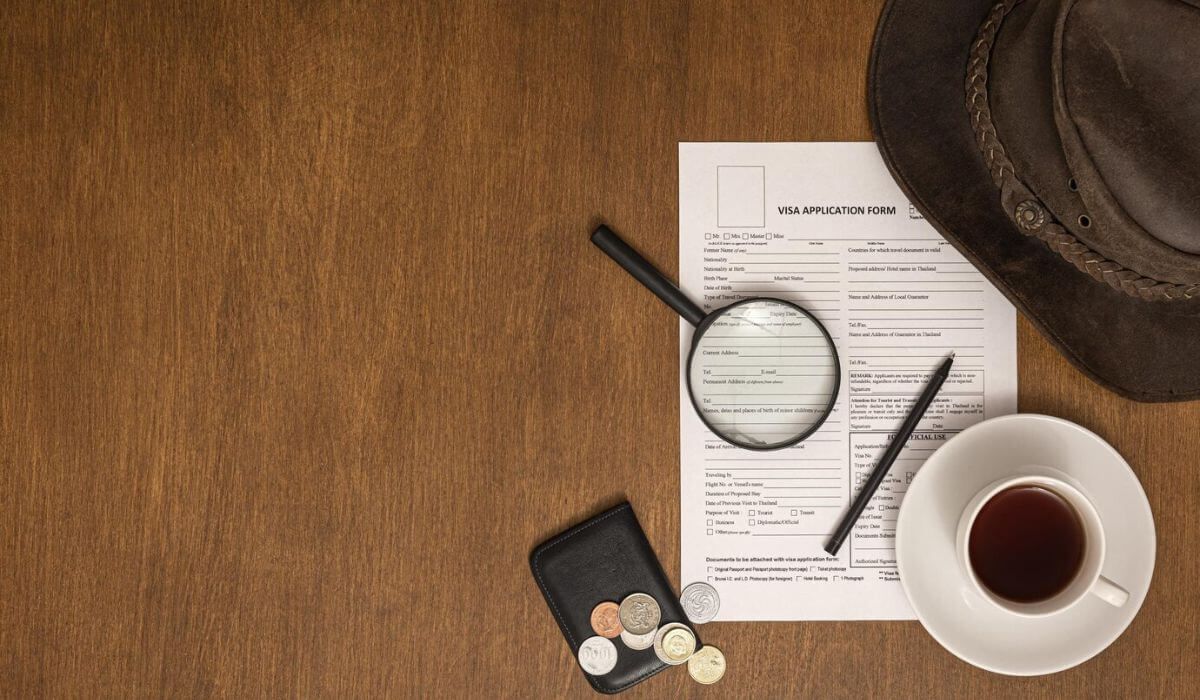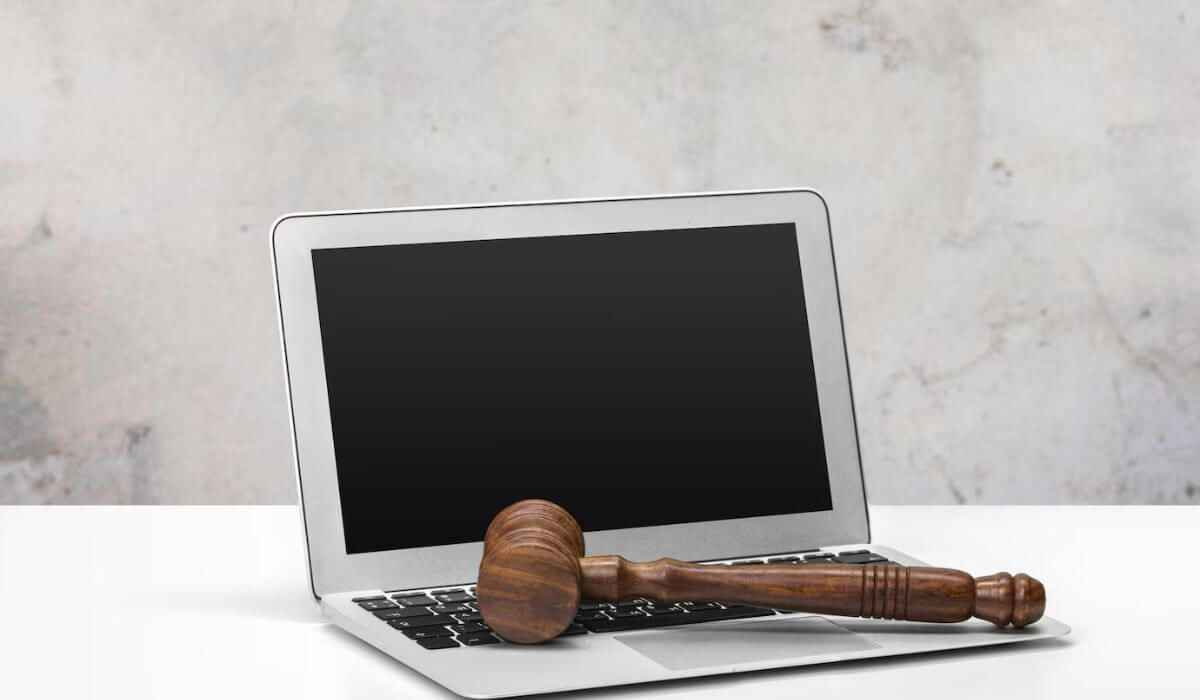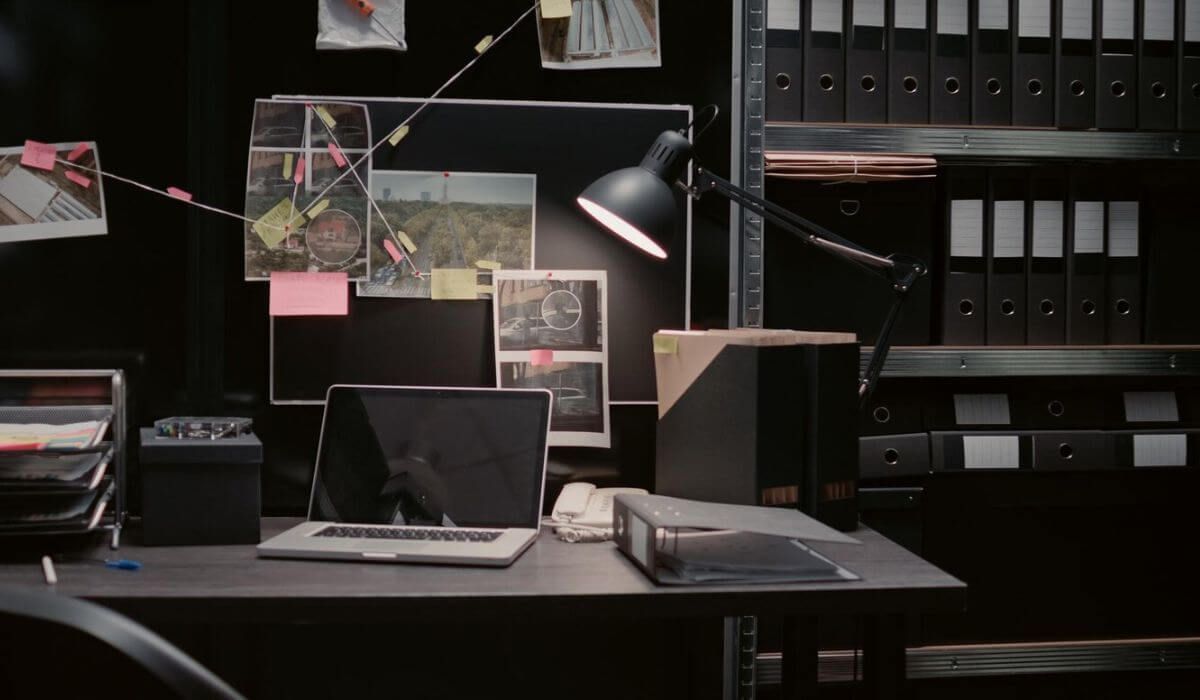Legal Framework Surrounding Private Investigations in Australia
When it comes to private investigations in Australia, there’s more to the job than simply gathering information. The legal framework that governs private investigators is critical to ensuring the protection of both investigators and their clients, as well as maintaining ethical standards across the industry.If you're considering hiring a private investigator or even entering the field yourself, it’s important to understand the legal landscape to ensure that investigations are carried out lawfully and with respect to privacy rights. Understanding
what a private Investigator does is a crucial first step in grasping their role within the legal system.
As someone who's worked in the field for years, I’ve seen firsthand how critical it is to adhere to legal boundaries. In this article, I’ll guide you through the core elements of the legal framework for private investigations in Australia, offering real-world examples to help clarify how these laws apply in practice.
Licensing Requirements for Private Investigators
One of the first legal steps in becoming a private investigator in Australia is obtaining the proper licensing. The requirements vary slightly across states and territories, but all jurisdictions require private investigators to be licensed. This licensing ensures that investigators meet certain standards and are qualified to perform investigative work legally and ethically.
What You Need to Know?
- Victoria: Private investigators must obtain a Private Investigator License from the Business Licensing Authority (BLA).
- New South Wales: Investigators are required to have a security license, and specific training must be completed before they can start working professionally.
- Queensland: The Office of Fair Trading handles the licensing for private investigators, and certain qualifications, including security training, are mandatory.
These licenses serve as a safeguard for clients, ensuring that investigators have the right qualifications and are operating within the legal parameters of their profession. It also means that as a client, you can have peace of mind that your investigator is adhering to industry standards and not crossing any lines.

Privacy and Surveillance Laws
In Australia, privacy laws play a significant role in regulating how private investigators can conduct their work. Investigators must be very careful when it comes to surveillance and the collection of personal information. Overstepping these boundaries can lead to serious legal consequences, including criminal charges or civil penalties.
Key Privacy Laws:
- The Privacy Act 1988 (Cth): This is the federal law that regulates how personal information is handled in Australia. It governs the collection, storage, and use of personal data.
- State-based Privacy Laws: Each state and territory has additional regulations that cover privacy matters. For example, in New South Wales, the Surveillance Devices Act 2007 (NSW) restricts the use of surveillance devices to monitor individuals without their knowledge.
Private investigators must ensure they are not breaching these laws by using invasive surveillance techniques or gathering personal information without consent. For example, using listening devices to record private conversations without the consent of all parties is illegal under both federal and state laws.
In my years of experience, I’ve seen cases where improper surveillance techniques led to evidence being inadmissible in court, and even criminal charges for the investigator involved.

Real-World Example:
A private investigator might be hired to follow someone suspected of being unfaithful in a relationship. While following the subject is typically legal, recording private conversations without consent or placing cameras in private spaces (like someone's home) is not. Keeping the surveillance within the boundaries of public spaces is essential to avoid any legal trouble.
The Role of Private Investigators in Legal Proceedings
In many legal cases, private investigators play a pivotal role by providing evidence that can be used in court. Whether it's a criminal investigation or a civil matter such as a divorce or personal injury case, private investigators often gather information that can make or break a case.
Admissibility of Evidence
For evidence gathered by a private investigator to be admissible in court, it must be obtained legally. This means that private investigators must be careful not to breach privacy laws or use unlawful methods of obtaining evidence.
In some instances, evidence obtained through illegal methods—such as trespassing on private property or wiretapping—can be ruled inadmissible in court. This can significantly undermine the case the investigator is working on. Over the years, I’ve seen clients frustrated when the evidence they’ve paid for is excluded from court proceedings simply because the investigator didn’t follow the correct protocols.

Example
If a private investigator is hired by a law firm to gather evidence of fraud, they might conduct background checks or surveillance. However, they must ensure that any surveillance conducted is on public property and that no private conversations or communications are intercepted.
Ethical Considerations and Codes of Conduct
While the legal framework is essential for protecting privacy and ensuring lawful conduct, ethical considerations are just as important. Private investigators in Australia are expected to adhere to high standards of professional conduct.
Many investigators are members of professional bodies, such as the Australian Institute of Private Detectives (AIPD) or the Australian Security Industry Association Limited (ASIAL), which set out ethical guidelines for investigators. These guidelines help investigators maintain the integrity of the profession and ensure that they operate with respect to the law and to the individuals involved in their investigations.
For example, when conducting an integrity test for a business, an investigator must ensure that the process is done fairly and transparently, with clear terms outlined to all parties involved. In my experience, maintaining ethical standards not only ensures compliance with the law but also builds trust with clients who rely on the information and results provided.

Navigating the Legal Boundaries
Private investigations in Australia are governed by a complex set of laws and ethical standards. Whether you're a private investigator or someone considering hiring one, understanding the legal framework is crucial. From obtaining the proper licensing to conducting lawful surveillance, the legal aspects of the profession must always be taken seriously.
As an investigator, I’ve had to navigate these laws carefully, ensuring that my work was both legal and ethical. Clients can be assured that when they hire a licensed investigator who follows these legal frameworks, they are receiving services that respect their privacy and uphold the law.
Understanding these regulations is not only necessary for compliance but also ensures that the work you do as a private investigator or the services you receive as a client are meaningful, reliable, and legally sound.


